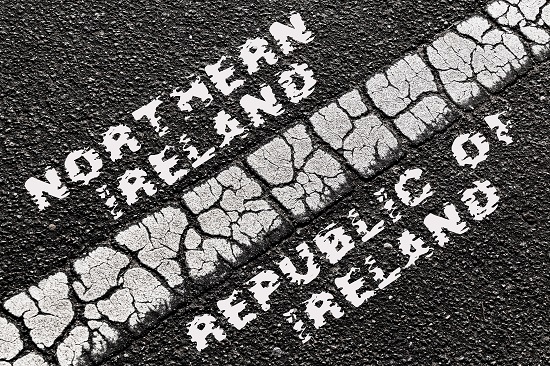
Boris Johnson has said it is “perfectly legitimate” to override parts of the Northern Ireland Protocol although finding a solution “still feels possible”.
The PM told business leaders and diplomats at the Lord Mayor’s Banquet yesterday (Monday 15 November) that he would prefer a negotiated solution to the problems created by the NI Protocol.
RTE reports that Johnson said: “But if we do invoke Article 16 – which by the way is a perfectly legitimate part of that protocol – we will do so reasonably and appropriately, because we believe it is the only way left to protect the territorial integrity of our country and meet our obligations to the people of Northern Ireland under the Belfast (Good Friday) Agreement.”
Gaps still there
Talks aimed at bridging the gap between the UK and EU continue into a fifth week, with “significant gaps” remaining, according to a Downing Street source.
Brexit minister Lord Frost and his Brussels counterpart Maros Sefcovic are due to meet again on Friday to gauge progress.
Business leaders have warned that a deterioration in trade relations with the EU, resulting from a triggering of Article 16, would have an “immediate and devastating effect” on the British economy, reports the Independent.
Retaliatory measures
Catherine Barnard, professor of EU law at Trinity College, Cambridge, said: “A trade war is a serious possibility. The EU is looking at a range of options – they are exploring routes to take retaliatory measures quickly.”
The most dramatic option open to the EU could be to suspend the EU-UK Trade and Cooperation Agreement (TCA), the post-Brexit trade deal. This would give the UK 12 months to prepare for trade on WTO terms.
Nick Allen, chief executive of the British Meat Processors Association, said: “Trading on WTO terms would be horrendous for the meat industry. The idea that we’re back worrying about trading on WTO terms again is incredibly depressing.”
According to Professor Barnard, the EU could also trigger Article 506 which would allow it to introduce more immediate actions, such as tariffs on UK exports.
No longer exporting
City AM reports the results of an Institute of Directors survey found that 16% of British businesses trading with the EU “have already decided to move some or all of their EU operations to inside the single market because of Brexit”.
According to iNews, the survey, conducted in conjunction with Channel 4’s Dispatches programme aired on Monday 15 November, revealed that 13% of exporters said their trade with the EU has fallen by up to 100% since the end of the Brexit transition period on 31 December.
Up to £9.5bn-worth of UK exports to the EU between January and July have had tariffs placed on them despite the “tariff-free” trade deal, analysis by Sussex University’s UK Trade Policy Observatory shows.



